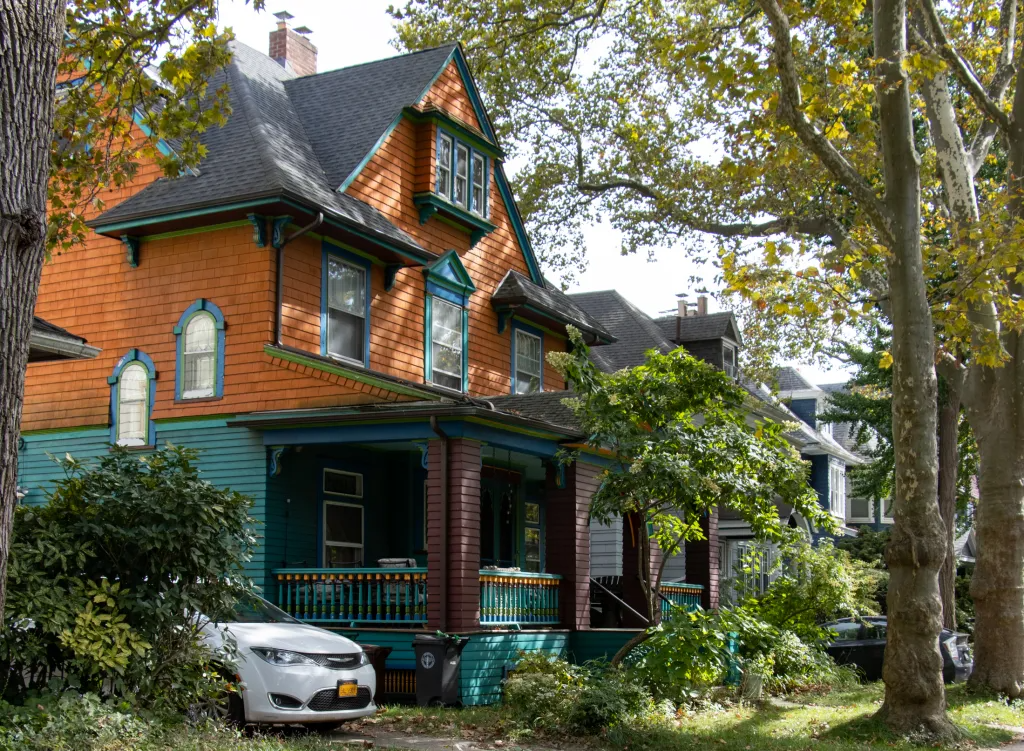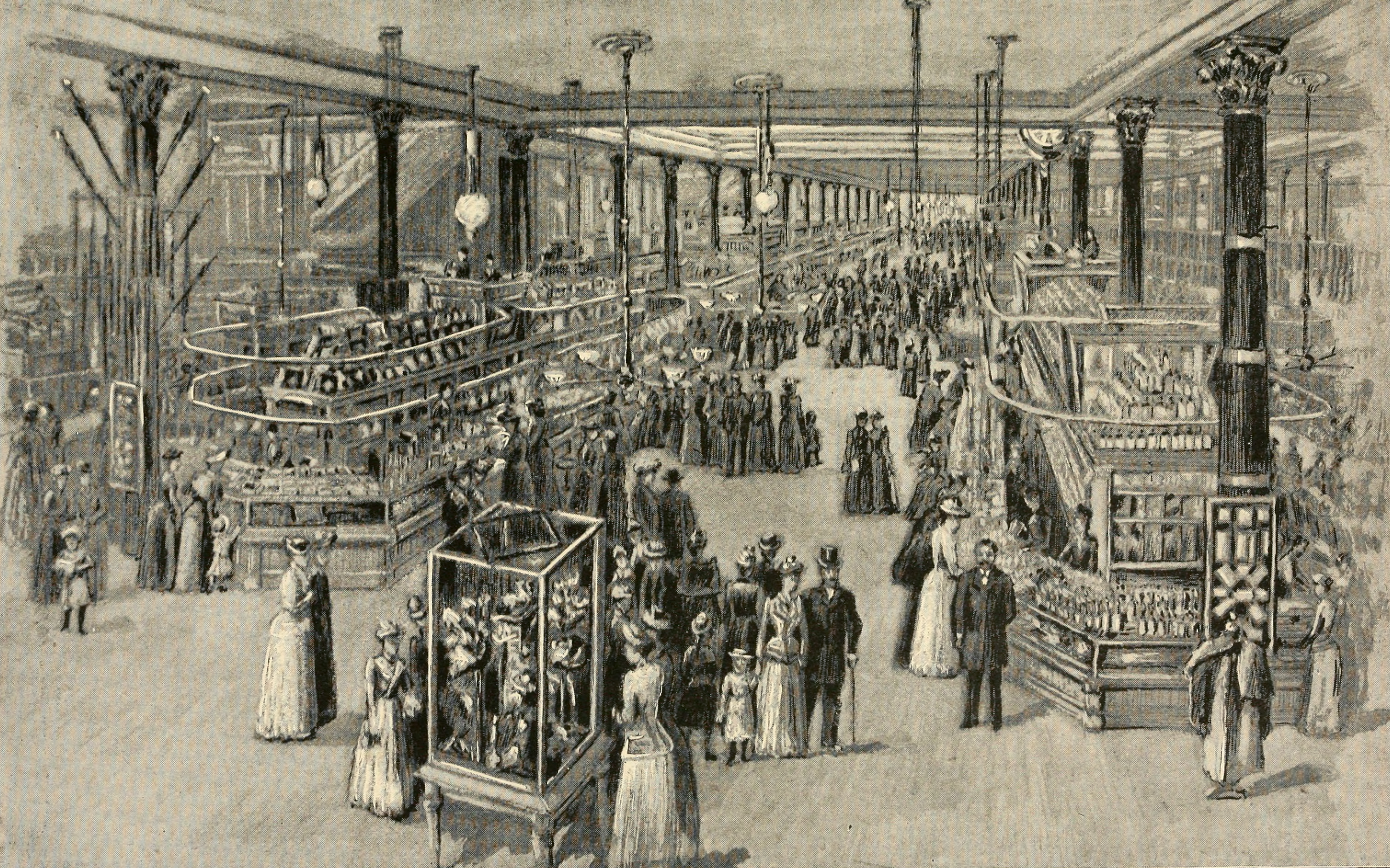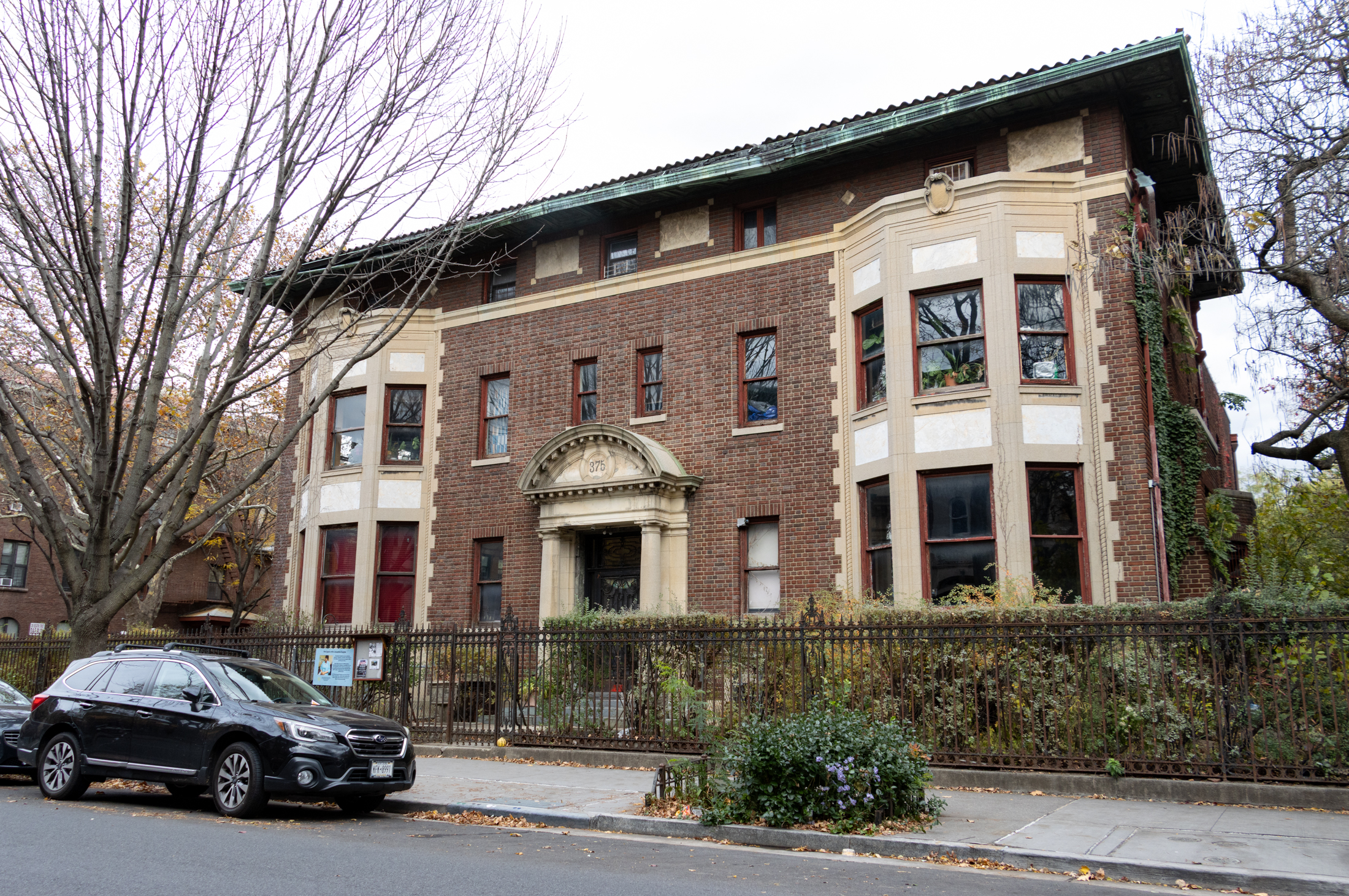City To Get Tough On Negligent Landlords
While we’re not so sure about its constitutionality, a new bill to be proposed by the Bloomberg administration would give the city more power to take proactive measures to fix up derelict buildings whose landlords who fail conform to certain safety standards. Under the plan, HPD could go into a building with a minimum of…


While we’re not so sure about its constitutionality, a new bill to be proposed by the Bloomberg administration would give the city more power to take proactive measures to fix up derelict buildings whose landlords who fail conform to certain safety standards. Under the plan, HPD could go into a building with a minimum of 27 uncorrected code violations and redo everything from roofs to entire electrical systems and then stick the negligent landlords with the bill; if the owner didn’t pay up, the city would put a lien on the building. The goal is to restore the ailing portion of the housing stock at a time when demand for housing in the city has never been stronger; the goal is 200 buildings a year for five years. Sounds like a good move to us, though if they really wanted to fix the problem they’d get rid of all rent controls.
City to Seek Broader Power Over Buildings [NY Times]
Photo by humain





9:14 –
Rent control is part of the cause of the notoriously high rents in NYC. They are laws that allow a landlord to increase rents charged from tenants only at an artificially (often arbitrarily) set rate, say 3% or 4% or so, even thought the demand for housing may be going up at a much higher rate.
So you get people who hold leases for apartments for 20-30+ years. It’s why there are stories of New Yorkers living in the same studio apartment since the 1960s and, say, paying $250/month for a 1200 square foot loft in SoHo. Things like that.
It offers incentive for people who would otherwise move to hold onto a lease at artificially low rents (as compared to the open market). Most long-time New Yorkers have heard the stories about (if they don’t personally know) people holding onto a $300/month apartment for years – sometimes even living elsewhere and using the rent controlled property as a work/studio space. One photo studio in Manhattan, for instance, is a rent controlled loft space and charges $700/day for rentals, while paying rent control prices from the 1980s. I’m not sure why the landlord doesn’t take action against them – perhaps they weren’t careful in drafting their lease 20+ years ago.
As a result of rent control, there is less housing stock on the market, and as any student of simple economics knows, when there’s a lot of demand and not a lot of supply, prices go up.
And this isn’t a theory – it’s been tested.
When Sweden did away with rent control laws, rents on the whole went down to reflect where supply and demand met.
And Mr. B is conveniently forgetting that landlords in RS bldgs get extra increases for capital improvements.
And in RS buildings landlord has more incentive to maintain – because tenants have more clout to withhold rent for lack of services.
Rent stabilization has been major factor in retaining middle clas population in this city over these last several decades. It helped keep many neighborhoods stable when so much was in decline.
I’m afraid many of you are too young to appreciate earlier era.
Amen, Anonymous 9:18.
Mr B, for shame. Sure, rent controls pinch landlords where it hurts. And yes, there are “abuses” (if you can call legal tenancy with a legal lease “abuse” just because someone isn’t putting half their salary towards rent). But there are plenty of rent stabilized and controlled buildings that were in perfectly fine condition. Landlords aren’t hurting for money, rent controls or no rent controls.
There is such a thing as a bad landlord who doesn’t keep his building up to code because he’s just plain lazy, not because of some rational economic calculations on his part. Those landlords need to be policed.
I have always taken a market approach to rent regulations. Rent controls exist as a matter of law, pursuant to low vacancy rates. If owners bought buildings at prices that reflected the rent roll, which is known prior to purchase, and the expenses, including capital investment, then the below market rents would not be an issue. However, speculators buy properties at prices that the rent roll clearly cannot support and then, post hoc, blame rent regulation. A self-imposed hardship is no hardship at all.
Anon 9:18 I agree with you but rent control does not work as a long term solution to provide those you’ve described with affordable housing.
That building is on Fulton Street in Clinton Hill, not in Park Slope.
My concern is that corruption wouldn’t just sneak in, it’s probably built in: some landlords will be cited like mad, while others will be under-cited–and I suspect the targets will be landlords in “gentrifying” neighborhoods who are not politically connected or protected. This has a creepy aura about it–intentions look good, but I suspect they’re rapacious.
Also, rent control may be ripe for reform–no more long-lost relatives moving in while great-uncle Bob’s on his deathbed–but a mixed income city benefits us all. Hey–somebody’s got to clean your toilets and wipe your kids noses, build your cheesy new condos and work in your hip neighborhood joint’s kitchen, and those somebodys have to live somewhere within commutable distance.
That Nash’s bldg on 7th Avenue in Park Slope isn’t even occupied.
Having never been a tenant or a landlord myself, can someone give a definition of what “rent controls” are? If there are so many, why the constant griping about astronomical NY rents?